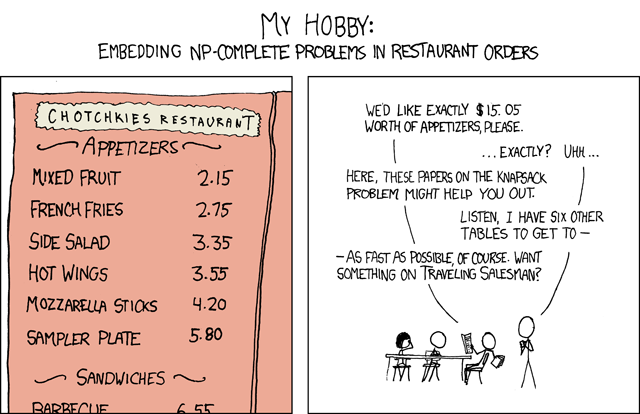Because there isn't enough xkcd on PPCG...

Challenge
The challenge is the same as above - given a menu and a total price, you need to find what the customer ordered.
The menu will be supplied as a text file in the format:
Name:Price
Name:Price
The path to the menu file and the total price should be supplied via argv or STDIN. If you wish, the menu may be supplied via STDIN/argv (instead of newlines, separate each item by commas).
The output should be a list of values. If there are multiple answers, output all of them.
Example
Menu:
Burger:12.60
Pepsi:3.50
Lobster Thermidore:33.10
Ice Cream:23.00
Total Price: 68.70
The output is:
Burger
Lobster Thermidore
Ice Cream
Winning
The fastest code given an undisclosed problem wins. The speed will be taken five times and averaged.
